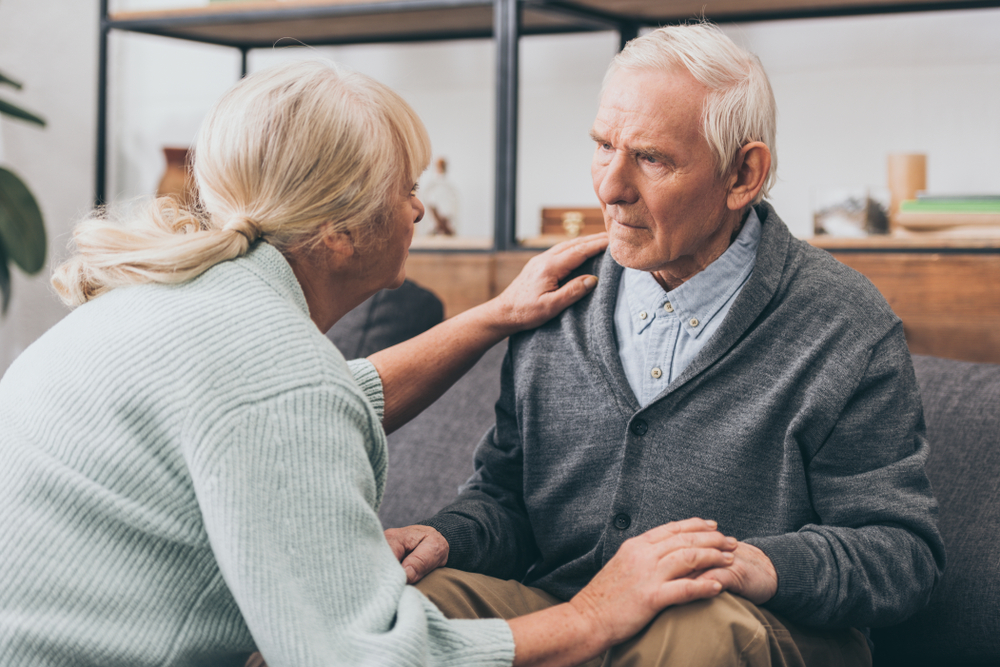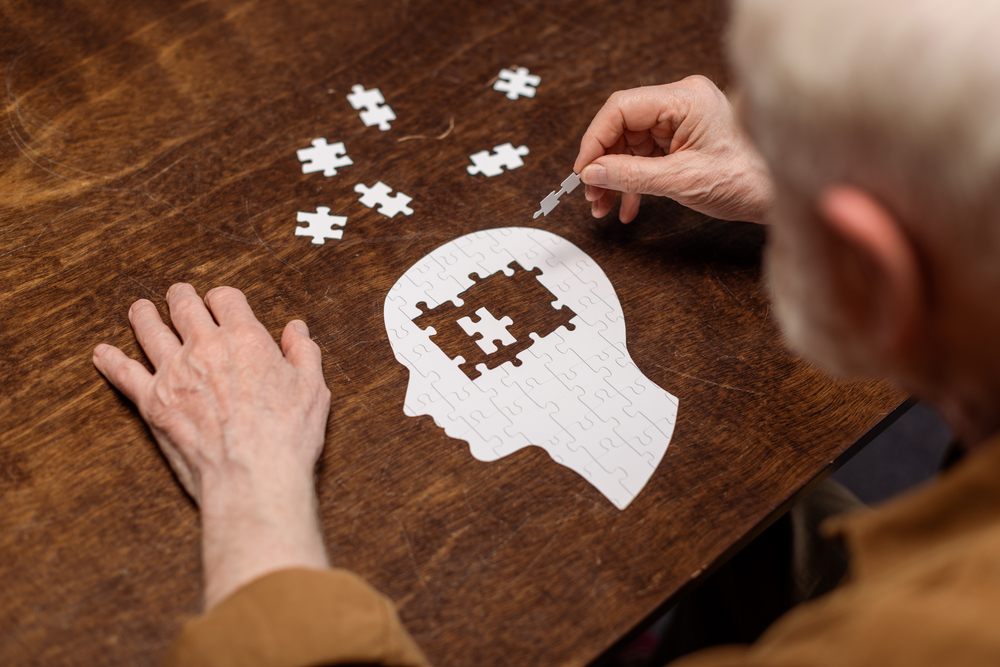Dementia is becoming a common problem in society. Almost 6.5 million people have been actively diagnosed with dementia, and that number is projected to rise to 13 million by 2050, according to a 2022 report from the Alzheimer’s Association. As people age, they become prone to dementia. Here are some of the early signs of dementia in seniors.
1. Loss of Short Term Memory
The first sign of dementia is the change in short-term memory retention. Having trouble memorizing or forgetting daily tasks involving short-term memory is an early sign of dementia. People with dementia may also display other changes in their short-term memory, such as forgetting where they placed items and struggling to remember why they entered a particular room.
Related: “Improving Cognitive Health of Elderly People”
2. Difficulty in Managing and Finishing Daily Tasks
A subtle shift in the ability to complete everyday tasks is another possible early warning sign of dementia. This usually starts with difficulty doing more complex tasks, like balancing a checkbook, keeping track of bills, following a recipe, or playing a game with many rules. Along with the struggle to complete familiar tasks, a person with dementia may struggle to learn to do new things or follow new routines.
3. Struggling to Navigate Paths
A person who has dementia loses their sense of direction and spatial orientation needed to navigate their way around the block. They may have difficulty recognizing once-familiar landmarks and forget how to get to familiar places they used to have no trouble finding. Following a series of directions and step-by-step instructions may also become more challenging.
4. Losing Interest in Hobbies
As a person ages, it is rare for them to lose interest in things and hobbies they used to enjoy in their youth. This kind of behavior change is an alarming sign of dementia. They may also lose interest in spending time with friends and family and seem emotionally flat. This apathetic behavior can potentially indicate dementia.
Related: “How to Take Care of an Alzheimer’s Patient – The Ultimate Guide”
Conclusion
When your loved one displays troubling symptoms, you’ll need highly experienced caregivers who are experienced with dementia and Alzheimer’s patients. At Home Instead Senior Care, our CAREGivers are professionally trained to care for your loved ones. With proper care and assistance, our team will keep your loved ones active and mentally stimulated so they can enjoy life to the fullest. Call us at (910) 421-2572 for further information.

